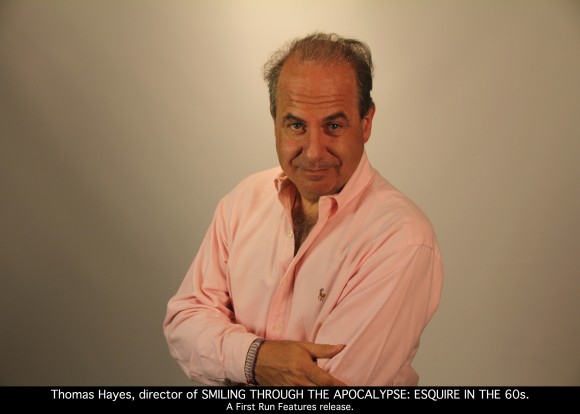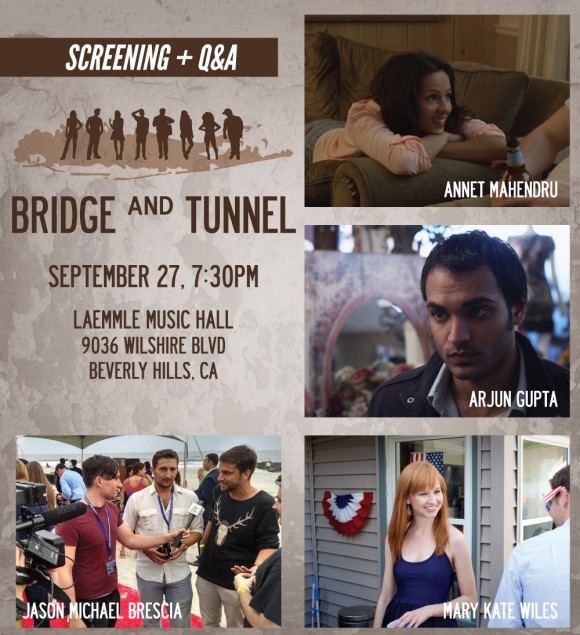A LEADING MAN director Steven J. Kung will participate in a Q&A after the 10 PM screening at the Music Hall on Friday, September 26.
BORN TO FLY Q&A’s at the NoHo with Elizabeth Streb in Person
BORN TO FLY: ELIZABETH STREB VS. GRAVITY filmmaker Catherine Gund and acclaimed choreographer/aerialist Elizabeth Streb will participate in Q&A’s at the NoHo after the 7:30 PM screening on Friday, September 26 and after the 1 PM screening on Saturday, September 27.
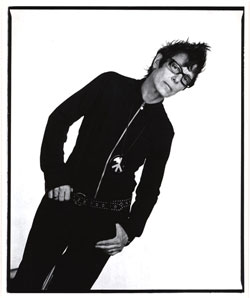
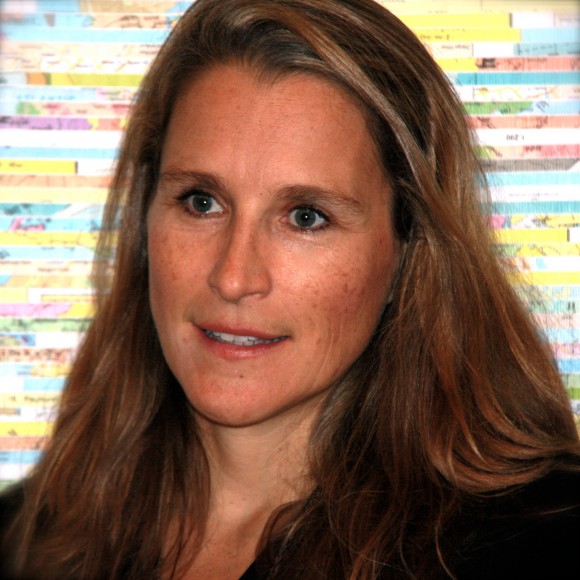
October 5: CicLAvia Heart of L.A.
It’s almost time to once again for CicLAvia! In April we returned to the very cool Wilshire Boulevard route. In December we’ll be cycling/walking an all-new South L.A. route. On Sunday, October 5, we’ll be exploring a cool new route in the heart of L.A.. Dig it:
“CicLAvia will return to the Heart of L.A. on October 5 from 9:00 a.m – 4:00 p.m. with an almost entirely new route. Heart of L.A. will cross through downtown L.A. along parts of the first CicLAvia route, but will extend into new areas like Echo Park, the Historic Broadway Theater District, and through Boyle Heights all the way into the County of Los Angeles and into East Los Angeles … the route will feature a pedestrian zone in the Broadway Theater District, a kids zone at the East LA Civic Center and will cross paths with the Festival of Philippine Arts & Culture, which is being held in Grand Park.”
Come out and enjoy car-free streets and see how it changes our city and the way we experience it, not least by eliminating the noise pollution we’ve grown accustomed to. You can bike, scoot, skate or just hoof it at whatever pace suits you. Anything non-motorized is appropriate. Don’t have a bike? See places to rent bikes here.

Interview: “Viggo Mortensen on THE TWO FACES OF JANUARY, LOTR and What His Movies Teach Him”
On Sunday the Newark Star-Ledger published a very good piece by film critic Stephen Whitty about actor Viggo Mortensen and his excellent new thriller THE TWO FACES OF JANUARY. It provides a glimpse into his unusual history and thoughts on acting, including what he likes about his latest role: “What’s great about this kind of story, it leaves a lot of questions unanswered. It provokes conjectures about meaning and motivation. It’s always great as an actor to play someone with a secret, but here you have secrets inside secrets… all the characters are lying to some degree, at least to themselves, and that makes for some very interesting roles.”
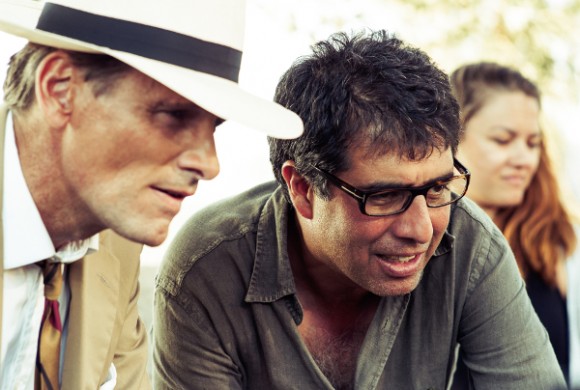
SMILING THROUGH THE APOCALYPSE Q&A’s Opening Weekend at the Music Hall
Tom Hayes, filmmaker of the fascinating new documentary SMILING THROUGH THE APOCALYPSE: ESQUIRE IN THE SIXTIES, will participate in Q&A’s at the Music Hall after the 7:30 PM screenings on Friday and Saturday, September 26 and 27, and after the 4:50 PM screening on Sunday, September 28.
COPENHAGEN Q&A Opening Weekend at the NoHo
COPENHAGEN lead actor Gethin Anthony (Game of Thrones) and writer-director Mark Raso will participate in Q&A’s after the 7:10 PM screenings at the NoHo on opening weekend, Friday and Saturday, October 3 and 4.
The L.A. Times’ Kenneth Turan Commentary: “Hollywood’s hedgehog mentality threatens its survival.”
The Los Angeles Times’ chief film critic Kenneth Turan has a good piece on the state of Hollywood in today’s L.A. Times citing the fox-versus-hedgehog mentality. He makes a very compelling and convincing case that the industry endangers itself and the film culture we all value by focussing on superhero/action-adventure movies with gargantuan budgets rather than more interesting and smaller budgeted films that appeal to adults.
BRIDGE AND TUNNEL Q&A at the Music Hall Opening Weekend
BRIDGE AND TUNNEL actors Annet Mahendru (The Americans, Escape from Tomorrow), Mary Kate Wiles (The Lizzie Bennett Diaries!!!), Arjun Gupta (Nurse Jackie), along with director Jason Michael Brescia, will participate after the 7:3o PM screening at the Music Hall on Saturday, September 27.
http://www.youtube.com/watch?v=S3s1KZfd4Cc
- « Previous Page
- 1
- …
- 221
- 222
- 223
- 224
- 225
- …
- 269
- Next Page »

